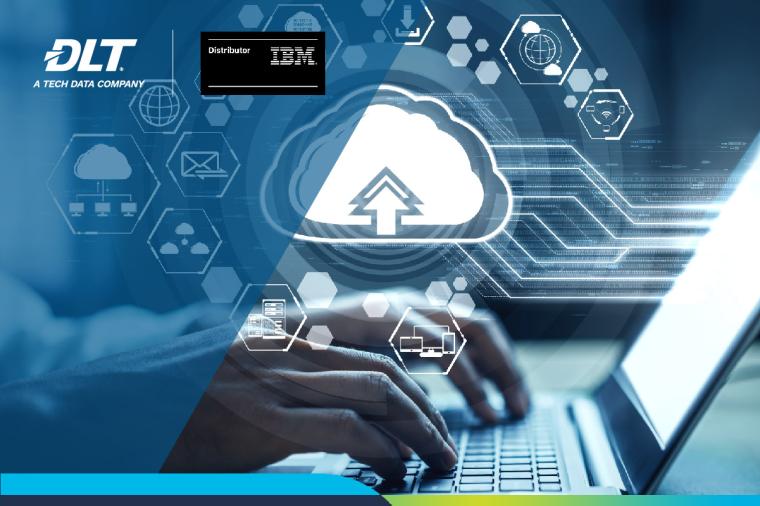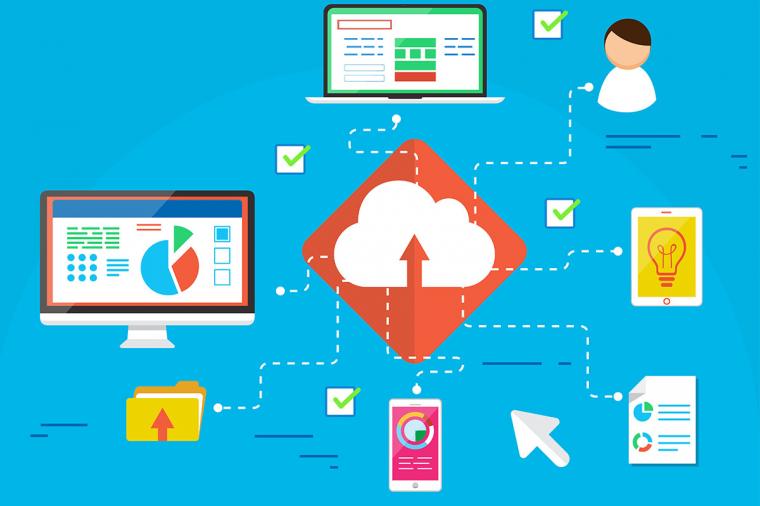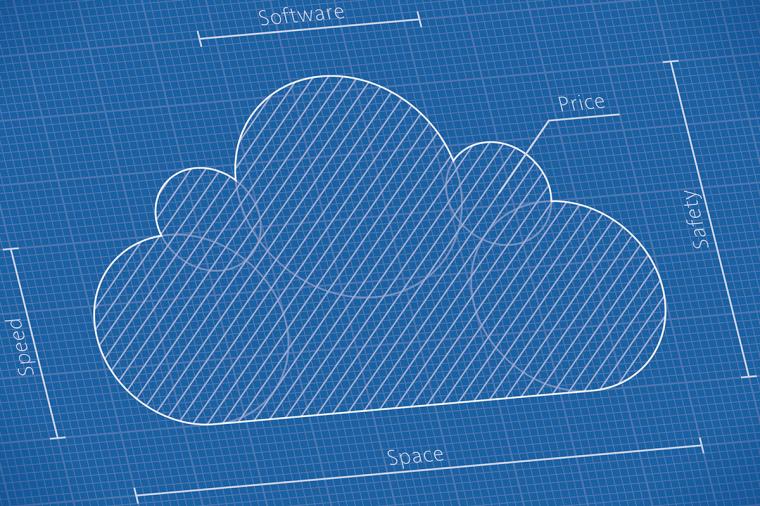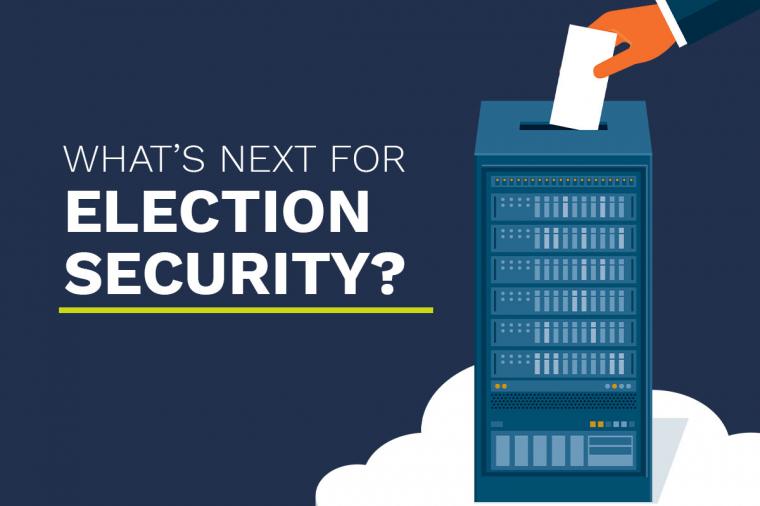Q&A: 5 Reasons to Replace Citrix ADC Load Balancing with Kemp
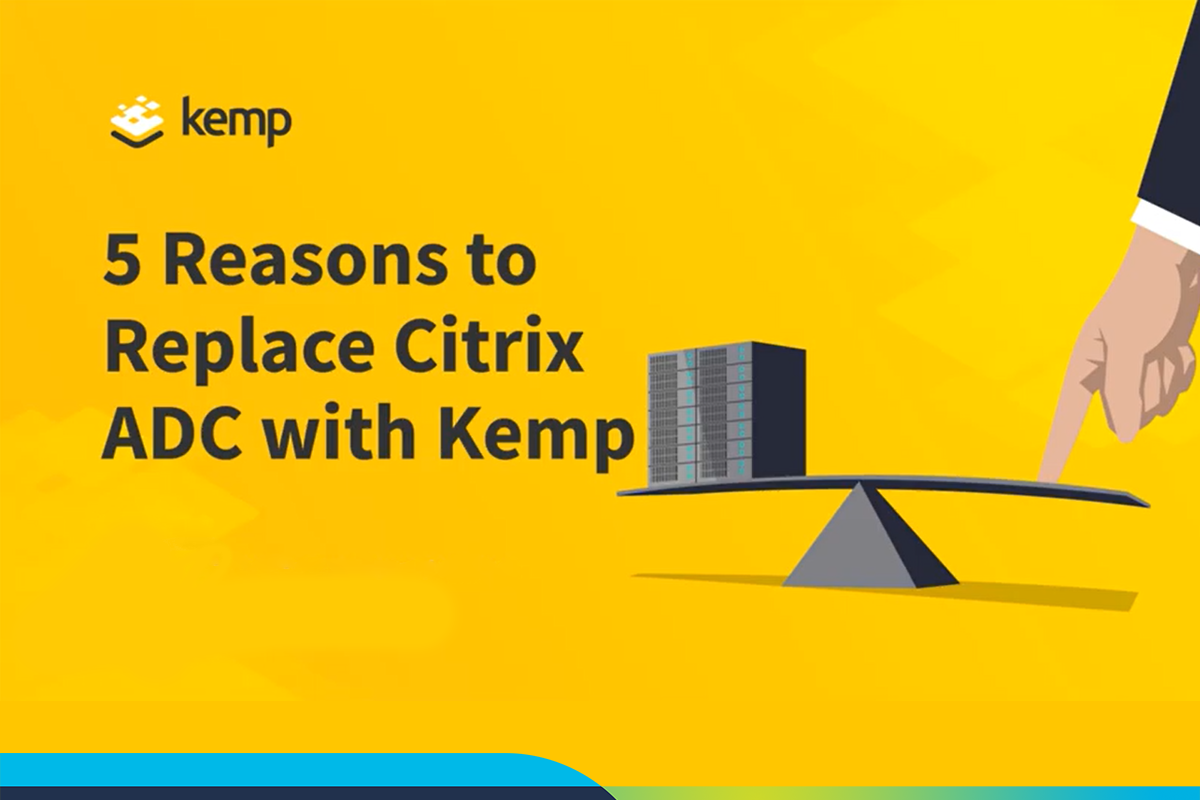
Article originially posted by Kemp here.
We recently delivered a webinar outlining why Kemp LoadMaster is a better option than Citrix ADC (formally Citrix NetScaler) as a load balancing solution. During the webinar We outlined five main reasons you should choose Kemp over the Citrix ADC offering, even if you are using the ADC to load balance Citrix Workplace to deliver VDI desktops and applications to end-users.
As noted in the webinar, Kemp’s solutions are more powerful, easier to deploy, can be licensed in innovative and flexible ways, have unrivalled technical support, and cost significantly less than the Citrix ADC configurations. In almost all Citrix ADC deployments a Kemp solution will be better.
You can watch the webinar on the BrightTALK on demand. The session generated some excellent questions that I answered during the last quarter of the talk. Some of the most interesting questions and answers are summarized below.
Does Kemp support 2FA? For example, via Citrix Workspace and StoreFront?
Yes. Kemp LoadMaster supports many authentication methods, including 2FA. The 2FA can be based on RSA or other tokens, or SMS challenge and response. LoadMaster is very flexible when it comes to authentication systems integration. With the Edge Security Pack installed the following authentication methods are available:
- Pre-Authentication
- Multi-Domain Authentication & SSO
- X.509 client certificate authentication
- Custom login forms
- Two factor authentication
- SAML, Active Directory, RADIUS & LDAP
- Active Directory Federation Services
- Forms to Forms based authentication
Does Kemp LoadMaster work with Parallels RAS?
Yes it does. Kemp and Parallels are partners and LoadMaster has been tuned to work well with RAS. We have a deployment guide for RAS on the Support site.
Does the downloadable version of LoadMaster contain the complete functionality that’s in the licensed version? Is the Kemp Azure solution 100% the same as the deployment we have now on-premise? Are the WAF and other components the same?
Yes. All versions of LoadMaster have the same functionality (the free-forever edition has a 20Mbps bandwidth cap – see the Free LoadBalancer site). The trial version downloads have no functionality restrictions, and they work for 30-days by default (this can be extended via the sales team). The trial download versions also include full access to the Kemp support team who will assist with any questions or issues you may have. Note that the trial version can be activated with a suitable license when you decide to buy. There is no need to reinstall and reconfigure a different version to move from trial to production use. See the LoadMaster feature list for the functionality available in all versions.
The user interface across all versions in the Cloud, on-premise, and hardware devices are also the same.
Does Kemp have a Department of Defense (DoD) accreditation?
The DoD has a multitude of standards and frameworks. Kemp applies those that are relevant to network security in its operations. At present, we are completing the Common Criterion certifications and the USG IPv6 certification process.
For other specific DoD accreditation questions contact our Federal Team via the Sales contact page.
Do you have any reference projects for a Citrix ADC to Kemp migration?
Yes. The Kemp website has case studies on Kemp customers who have replaced Citrix ADC (NetScaler) with Kemp LoadMaster solutions.
Contact the Sales Team is you need additional information.
Can LoadMaster replace Microsoft Load Balancing in Terminal Services?
Yes. Loadmaster is fully compliant with the whole Microsoft server stack. So Kemp can be used to support Terminal Services, Always-on VPN, Remote Desktop Services, and many others. We also provide templates for many Microsoft server applications to make it simple to use LoadMaster to load balance them. See the Templates section for Microsoft and many other software vendors solutions on the Kemp Support Site.
We are using LoadMaster with Exchange. Do we need separate instances to load balance other applications?
No. Each deployed LoadMaster instance can be configured to provide load balancing services for as many applications as you want. Obviously the throughput and bandwidth flowing over the network to each application will dictate how much CPU, Memory, and other resources will be needed on the LoadMaster.
Note that putting all your services through a single instance of anything isn’t recommended. Single points of failure are bad! But in theory, you could use one LoadMaster instance for as many applications as you like, if it has the resource capacity available to do that.
Luckily with the Kemp Metered Licensing model you don’t have to do this. Under Metered Licensing you can deploy as many LoadMaster Instances as you need, without incurring additional LoadMaster Server license costs.
Is a Nokia 6210 a better phone than an iPhone12?
This question was in response to my discussion about the core load balancing focus of LoadMaster and how this was a benefit of LoadMaster versus Citrix ADC. The answer is that in a way a Nokia 6210 is better than an iPhone 12. It depends on your particular use case.
The Nokia was designed to do one thing well; make calls and send texts (and possibly play Snake!) It was straightforward to use to do what phones were for back then.
Similarly, for most ADC deployments, the focus on load balancing, plus the ease of use of LoadMaster will be a better solution than other products in which ADC functionality is just a part of a broader set of features.
Do you have proper Citrix StoreFront Integration?
Citrix StoreFront is an enterprise app store that is the portal used to deliver other Citrix services and virtual applications out to virtual desktops. It is a vital component that needs to be available all the time and is a prime target for load balancing.
LoadMaster can be used as the load balancer when delivering Citrix StoreFront. There is full integration to allow LoadMaster to do what Citrix ADC can do when delivering VDI and virtualized application to clients.
Some integration to allow HDX streaming (video streams as an example) to pass directly to clients is a work in progress and will be coming in a future update.
Summary
Hopefully this answered some of the important questions about Kemp’s load balancing support for your application environment. Kemp differentiates the functionality of their solution and quality of their organization to deliver premier support for load balancing architectures.











